189 CD / Auryn’s Haydn: op. 64
Description
"The Auryns convince listeners once again with transparent, elastic playing; in terms of sound quality, too, the recording is another poem by the TACET firm." (Sächsische Zeitung)
5 reviews for 189 CD / Auryn’s Haydn: op. 64
You must be logged in to post a review.

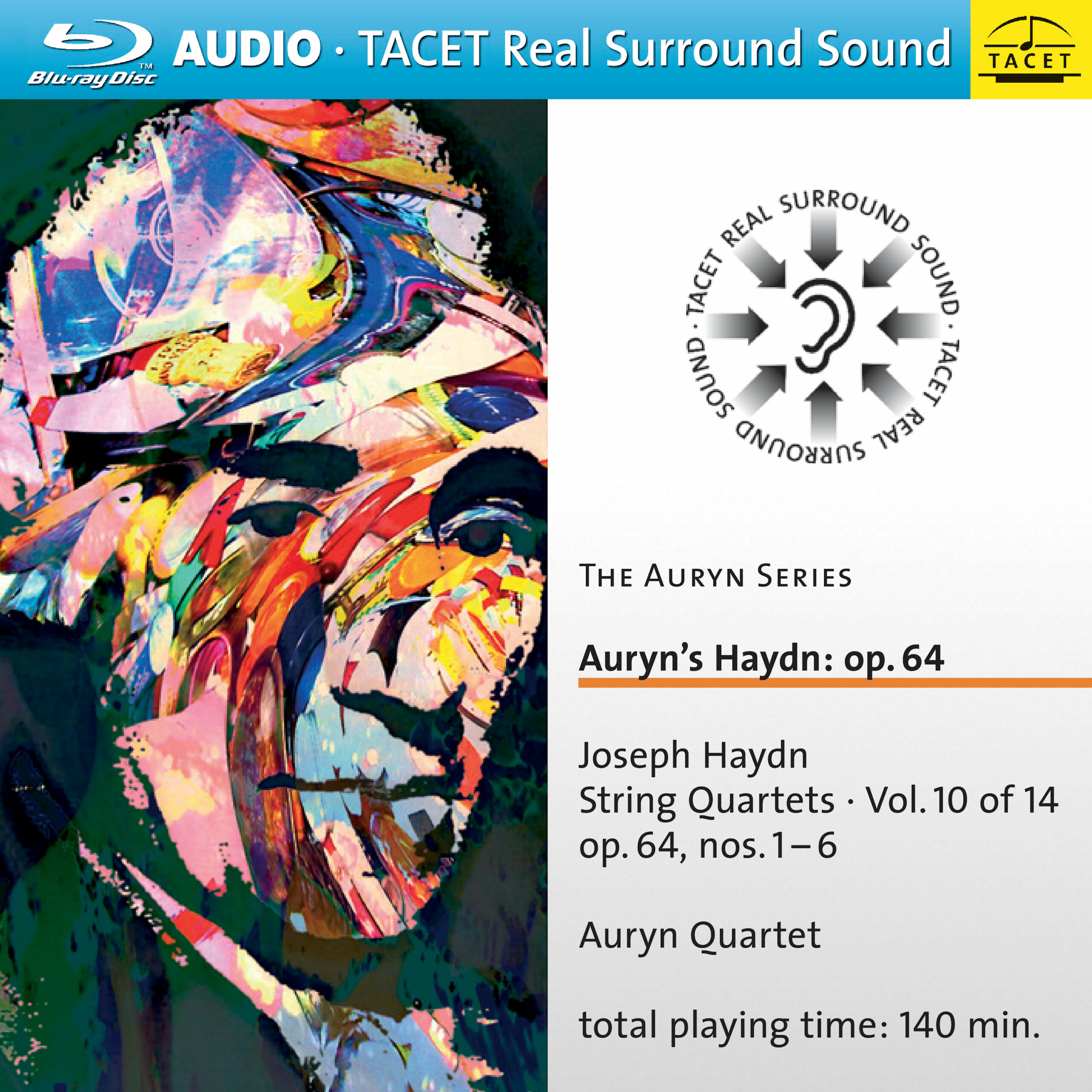
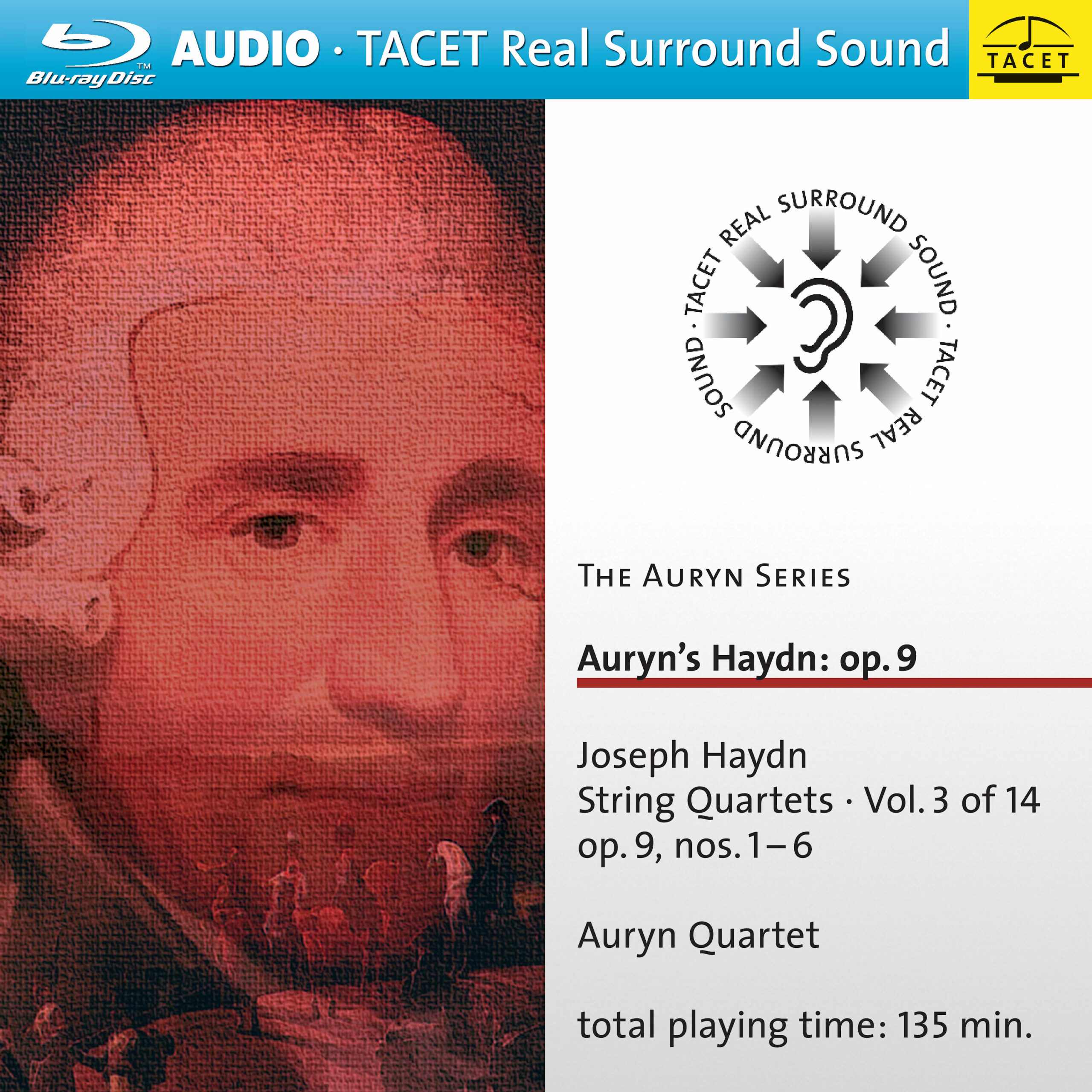
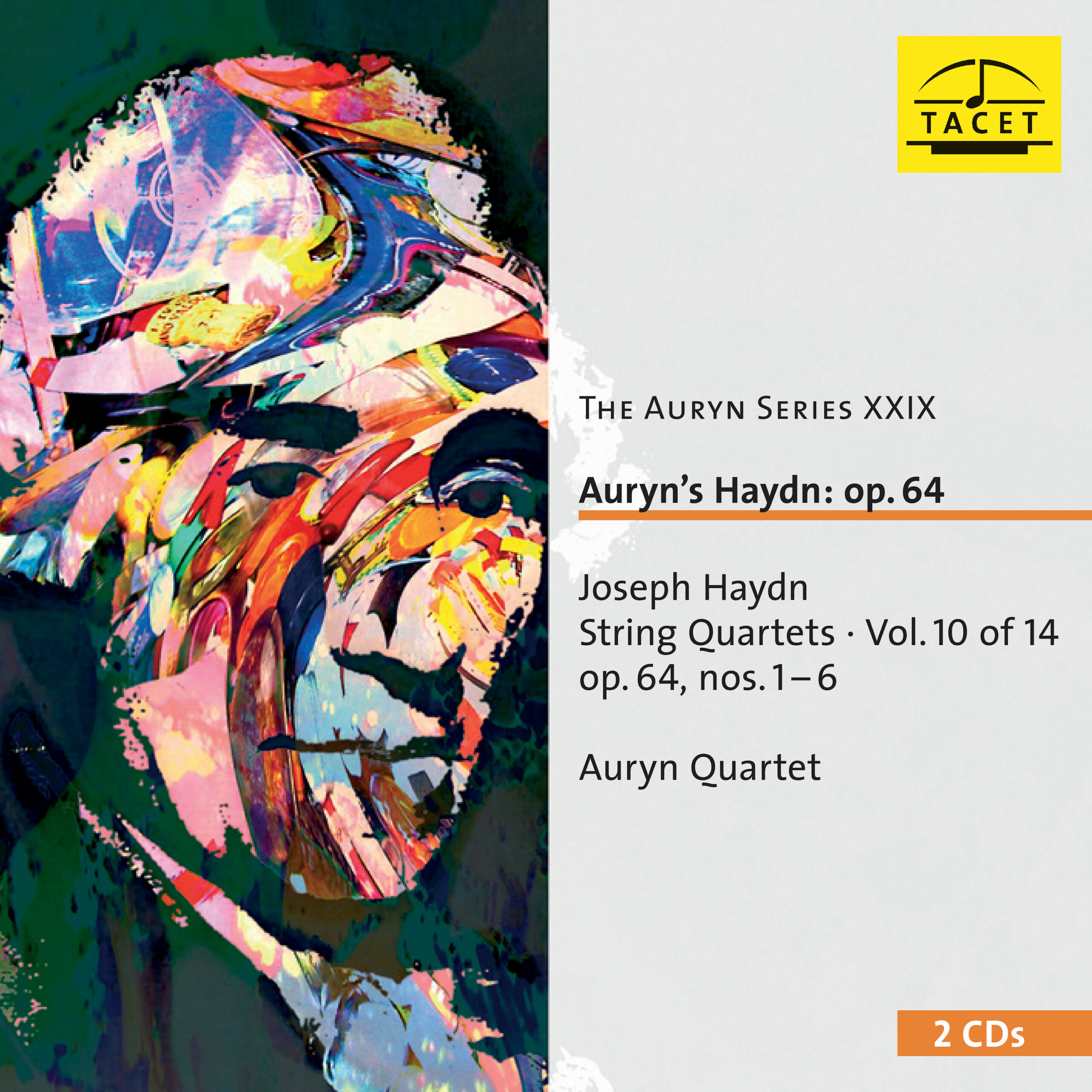
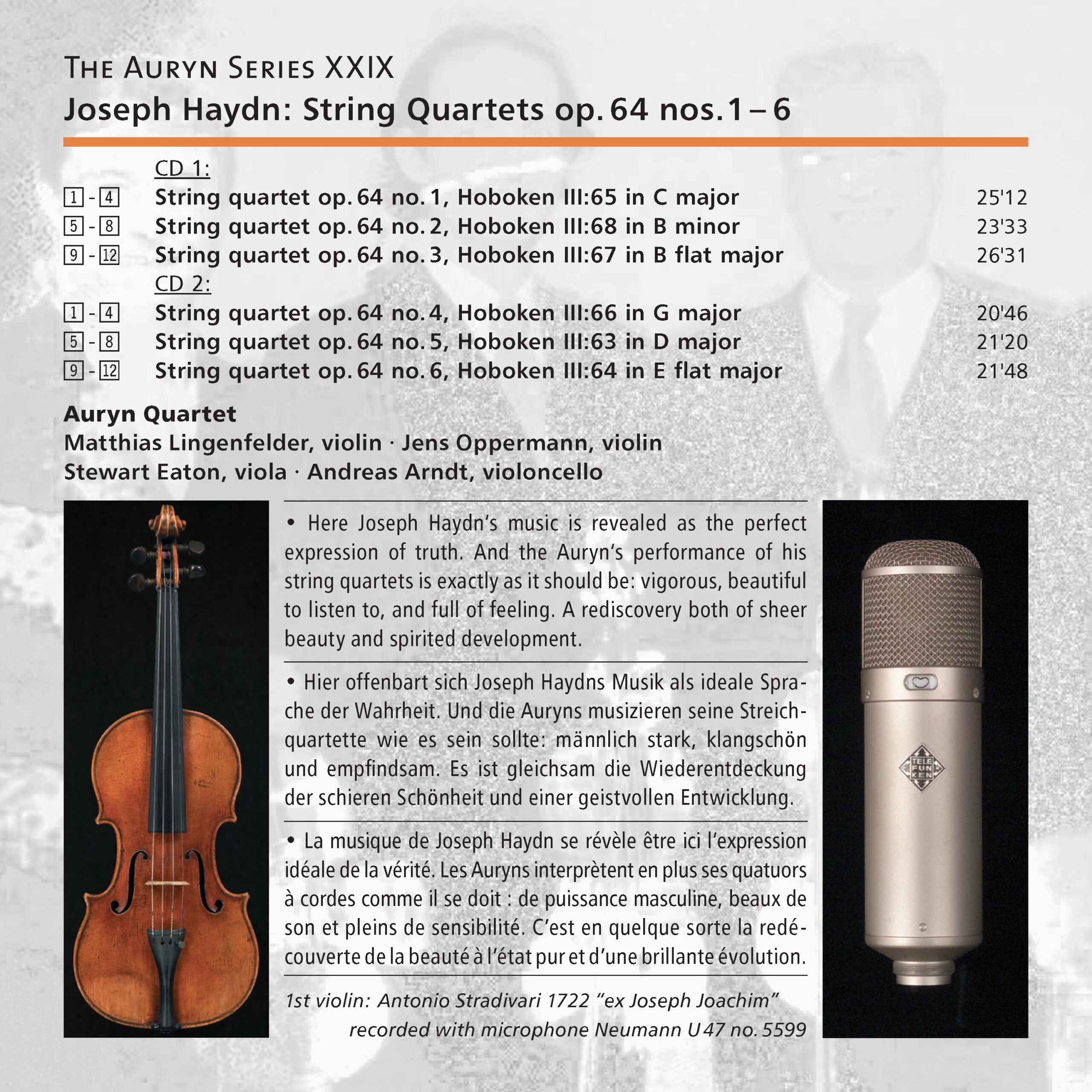



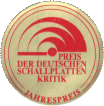
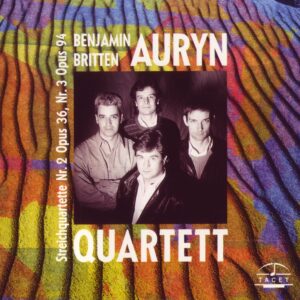
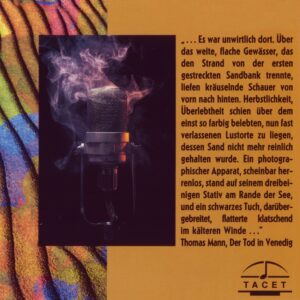
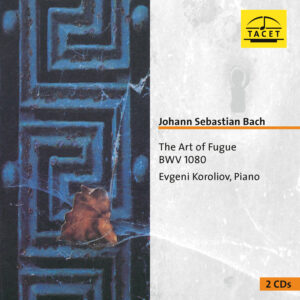
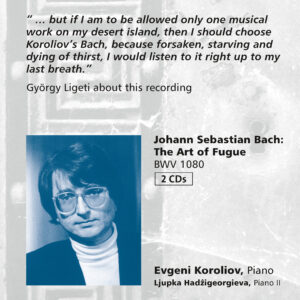
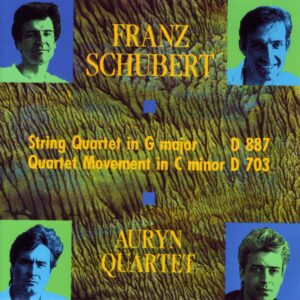
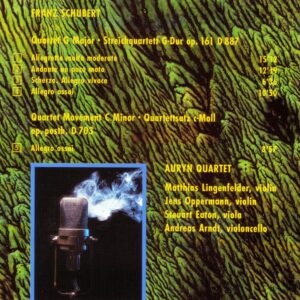

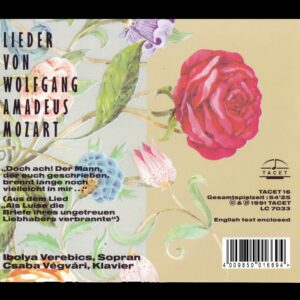
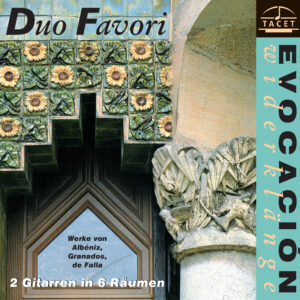
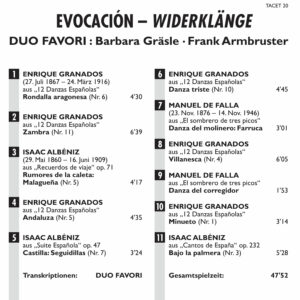
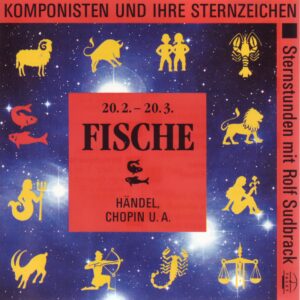
Preis der deutschen Schallplattenkritik –
Laudatio for the Award of the German Record Critics' Annual Prize to the Haydn Cycle by the Auryn Quartet
Joseph Haydn is considered the father of the string quartet genre. The Auryn Quartet recorded his nearly 70 string quartets over a two-year period: for the first time using the critically edited "purified" text, with esprit, lively emotion, and highly differentiated ensemble playing, all within a natural sound space: a small sensation. Such an undertaking requires a label that is not only technically state-of-the-art but also willing to take risks. The Stuttgart-based TACET Musikproduktion has distinguished itself several times through this very combination of skill and daring. Therefore, we award the Annual Prize to the Auryn Quartet and their producer/sound engineer Andreas Spreer for their epochal Haydn project, which is already assured a prominent place in the annals of sound recording.
(For the jury: Thomas Rübenacker)
Ensemble –
(...) The Auryn Quartet has already demonstrated in the volumes published so far in the complete series just how fresh, courageous, and intrinsically it approaches these Haydn quartets. The ensemble always dares to push the limits of what is possible, operating on what is often described as the "edge of the seat." And as a result of all the experiences they have accumulated over more than 30 years of playing together, they continue to produce intoxicatingly sincere, precisely detailed, and extremely vivid interpretations that are unparalleled and so personal that it is clear that this complete recording cycle will achieve absolute reference status upon its completion.
Audiophile Audition –
(...) The Auryn Quartet has set the standard for Haydn quartet performance in their series of recordings, and they don’t disappoint in Volume 10. These are polishe, highly urbane performances, as they must be to match the music, but they’re also full of the sheer joy of music-making that comes from a deep appreciation of Haydn’s gift to the world. The Auryn obviously loves this music and understands its significance. Once again, Tacet’s engineering is all that it should be; this is what a string quartet sounds like from a good seat (maybe half way back) in a medium-sized hall. Lovely all around and strongly recommended.
Lee Passarella
Klassik heute –
Since its founding in 1981, the Auryn Quartet has continued to perform with the very same musicians—violinists Matthias Lingenfelder and Jens Oppermann, violist Stewart Eaton, and cellist Andreas Arndt—who, from the beginning, devoted themselves to the joint study of chamber music. And this decades-long familiarity pays off: It is hard to find another ensemble that can achieve such a homogeneous fusion of sound, that can let a chord at the end of a phrase fade away so evenly, and that understands how to address intonational nuances so flawlessly and precisely. In addition, they possess the ability to endow even the most minute musical phrase with an expression that is both complete and harmonious in itself, integrating every accentuation and articulatory contour, every rhythmic or dynamic shaping of the melodic line so naturally, finely balanced, and organically into the overall fabric that one is never tempted to question the underlying interpretive intent.
The Auryn Quartetists consistently convey the feeling of “it is just so and nothing else.” If one were to single out something exemplary from this fantastic recording, it might be the overwhelming interpretation experienced in the sixth Quartet from Opus 64, the E‑flat major Quartet. In the first movement, the unforced interplay with Haydn’s contrapuntal finesse—accompanied by subtle changes in tonal color and varying degrees of airiness in the atmosphere—is truly captivating, an aspect that also influences the Andante that follows. Here, there is a finely nuanced balancing act between the delicately managed intimacy in the framing passages and an almost orchestral density in the middle section of the movement. That Haydn’s instrumental assignments can be traced in every minute branch is, not least, a testament to the recording technique, which is designed for utmost transparency.
Thomas Bopp
Sächsische Zeitung Dresden –
"The Auryns convince listeners once again with transparent, elastic playing; in terms of sound quality, too, the recording is another poem by the TACET firm." (Sächsische Zeitung)
Jens Sommerschuh